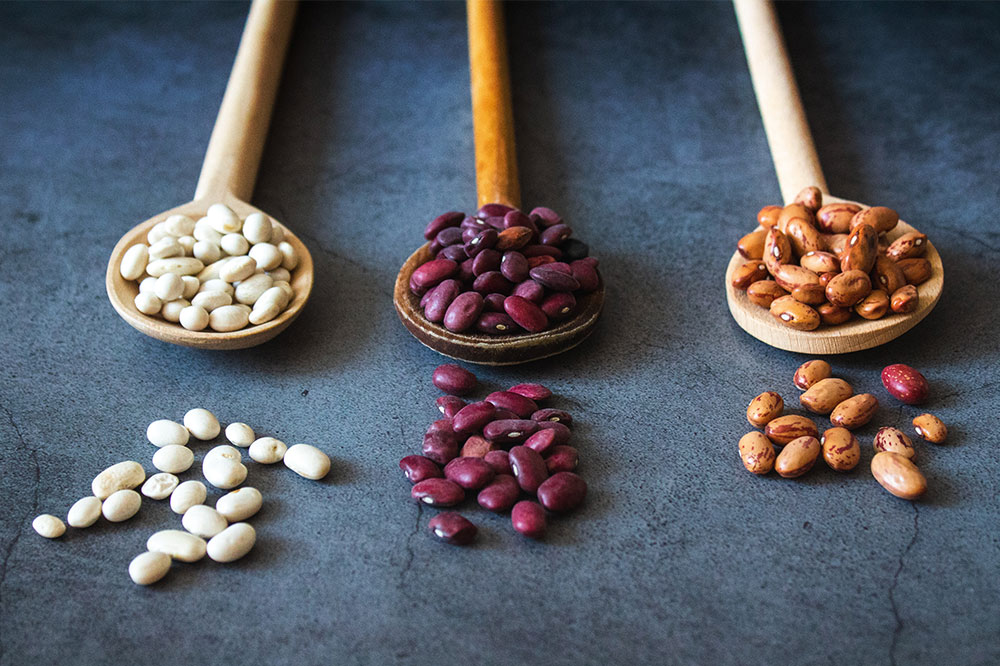
5 foods to avoid when dealing with Crohn’s disease
Crohn’s disease is a condition that causes inflammation in the small intestine, often resulting in diarrhea. The inflammation usually makes nutrient absorption difficult, leading to symptoms like a decreased appetite and stomach pain. The condition can cause long-term effects like malnutrition. As an inflammatory bowel disease, one can expect sudden Crohn’s flare-ups. This reappearance of symptoms can be triggered by certain food items that can enhance digestive tract inflammation and cause discomfort.
Spicy foods
People with Crohn’s disease should avoid spicy food as it can irritate the GI tract, worsening the symptoms of the disease. Foods with spices like black pepper, chili powder, paprika, garlic, jalapenos, chili powder, and wasabi should be avoided. But not all spices seem to have an adverse effect. Some spices like turmeric, cumin, fresh herbs, or mustard are good for the intestine and can have a minimizing effect. More studies are being carried out to understand the link between these spices and the disease.
Whole grains
Grains are full of fiber, however, people with Crohn’s should avoid foods with high fiber content. This is because insoluble fibers that go through the digestive tract can lead to diarrhea. Grains also contain gluten and carbs that wreak havoc in the digestive tract along with the fiber. So, one should stay away from grains like whole wheat products, for example, pasta and bread. Also, avoid food items like barley and rye.
Raw fruits and vegetables
Insoluble fibers can accumulate in the gut and cannot be digested by the body aggravating symptoms related to Crohn’s disease like pain and diarrhea. Certain fruits and vegetables can be rich in fiber and so should ideally be avoided in their raw forms. This is why one with Crohn’s should avoid having salads. While salads are generally good for one’s health, people with inflammatory bowel diseases should avoid having uncooked or undercooked foods to prevent a flare-up. Bloating is also a common problem with such foods. In particular, people with the condition should avoid these two items:
- Broccoli: While broccoli is otherwise good for health, it is not advised for people with inflammatory bowel disease. This is because broccoli is a gassy vegetable that contains insoluble fiber and can cause pain and diarrhea. Similarly, you should avoid cruciferous vegetables like cabbage and cauliflower.
- Apple: One should avoid having unpeeled apples as the skin contains insoluble fiber. Further, one should avoid fruits like cherries, plums, and peaches.
Dairy products
People with the disease should steer clear of dairy products to prevent worsening their health during a flare-up. If it is not possible to completely remove milk and other products from the meals, one should try to limit their milk intake. This is a crucial step for people who are lactose intolerant and are affected by inflammatory bowel diseases. Research suggests that lactose increases the chances of diarrhea, abdominal pain, bloating, and gas. This is because this milk sugar is a high-fat food. Alongside milk, one should avoid dairy products like cream, butter, and margarine and opt for low-fat dairy products or dairy substitutes.
Caffeine
People with this IBD should have a lot of fluids, especially water but stay away from caffeinated drinks like coffee, soda, and black tea. These beverages can stimulate diarrhea-like conditions and also lead to gas and bloating. Additionally, it is important to opt for clean, boiled water.
These foods can cause one’s health to worsen when dealing with Crohn’s, but the effects may vary from person to person. While some foods lead to a symptom flare-up, other foods could just worsen the symptoms. It is essential to recognize the foods that can trigger symptoms and then limit their intake. One should also recognize early signs and seek appropriate treatment for Crohn’s disease. Doctors can recommend prescription treatment and a manageable food regimen to manage the condition.


